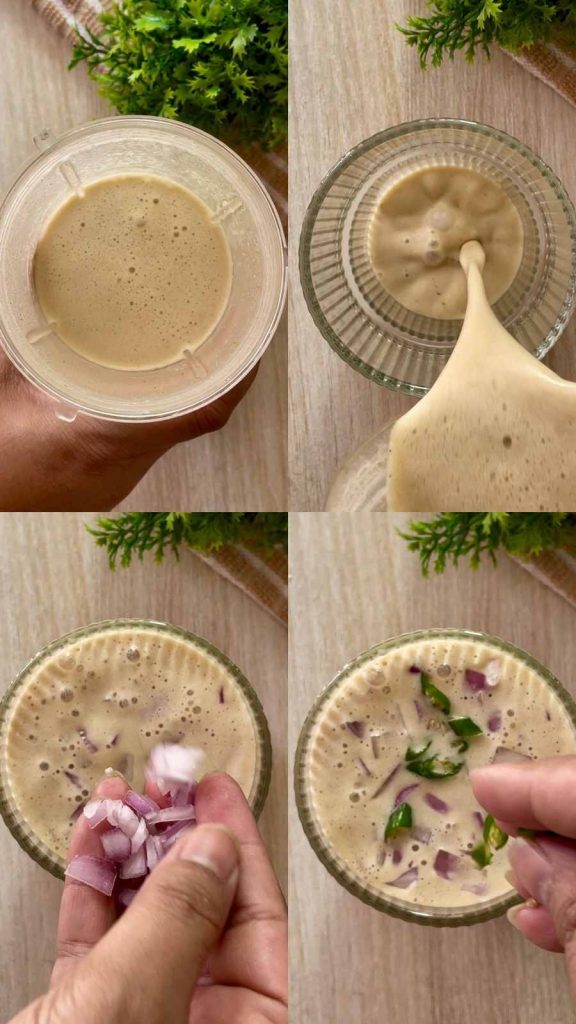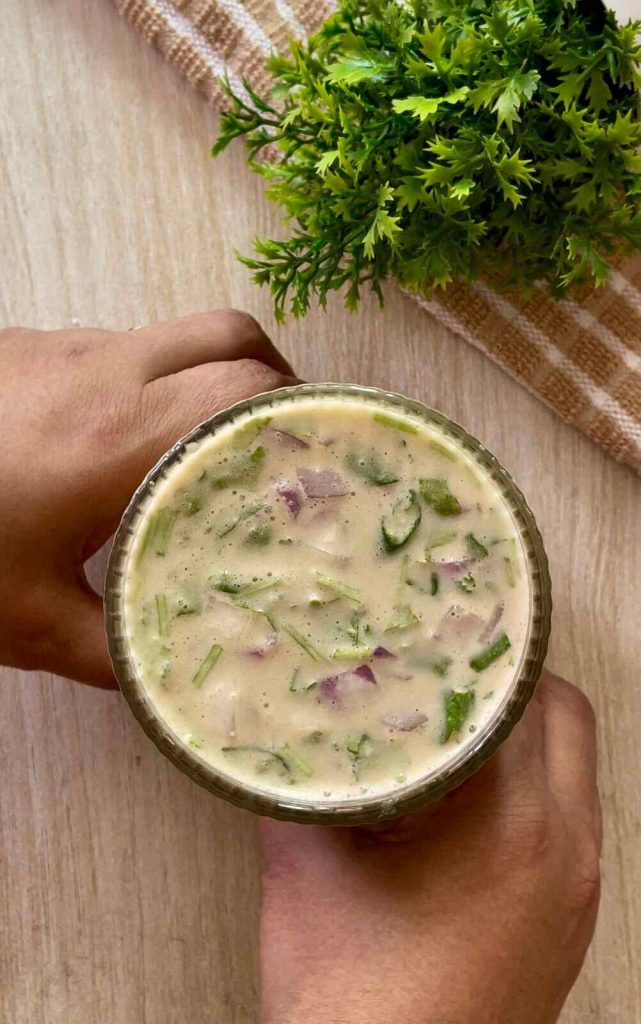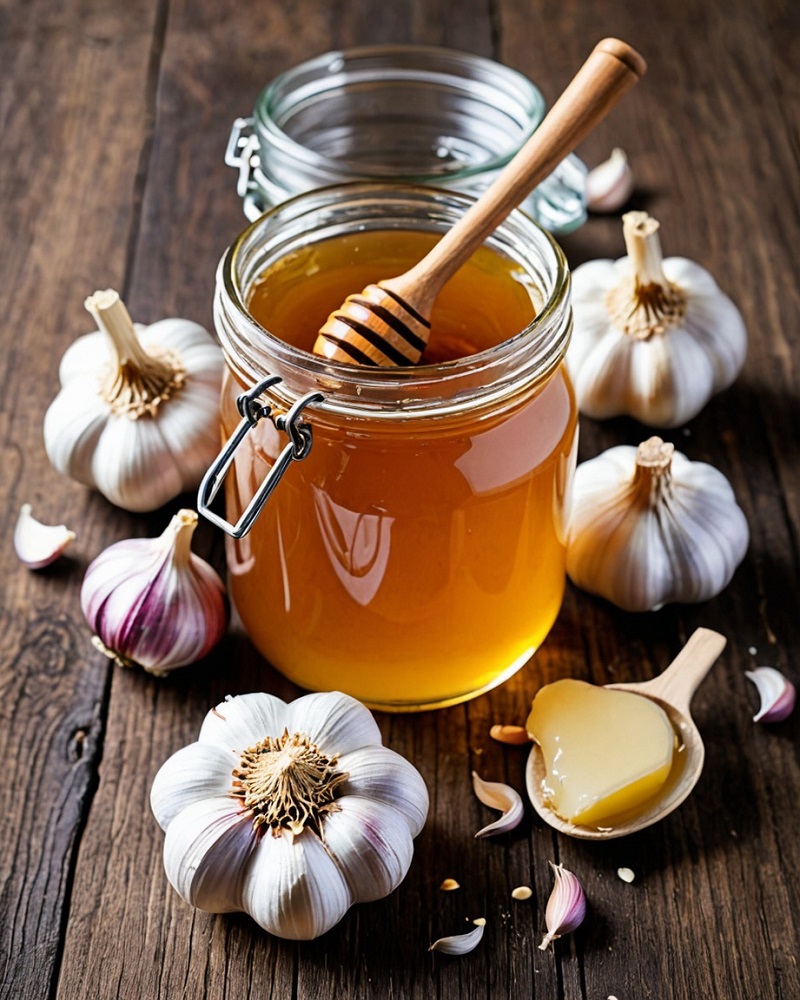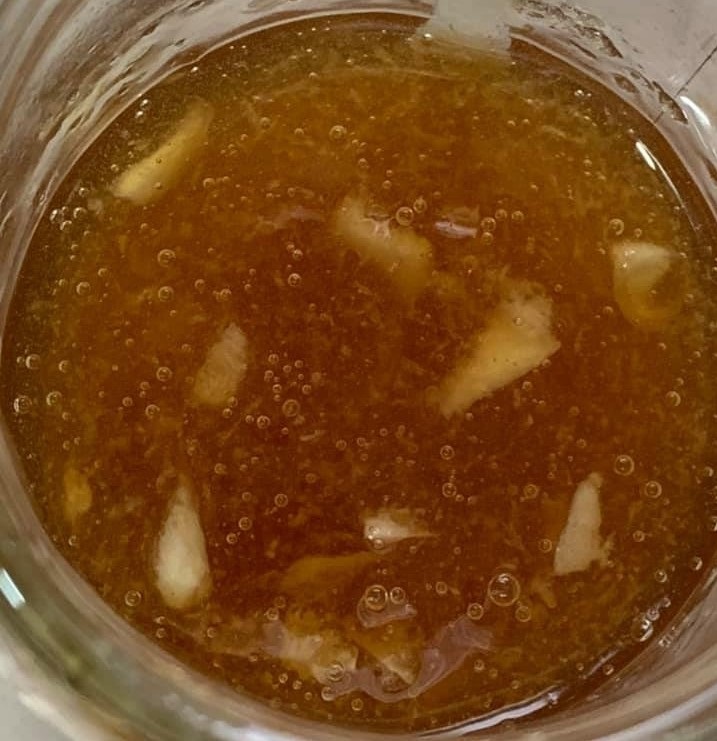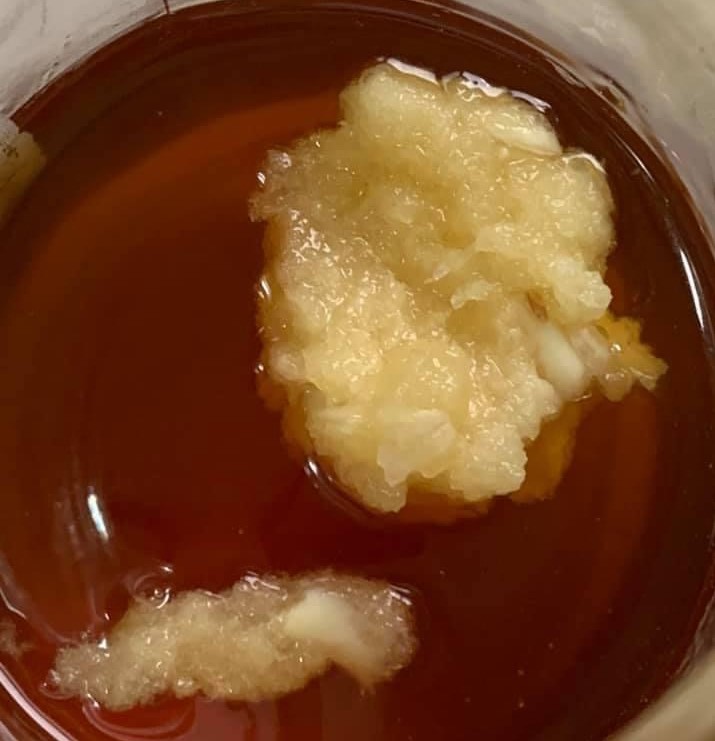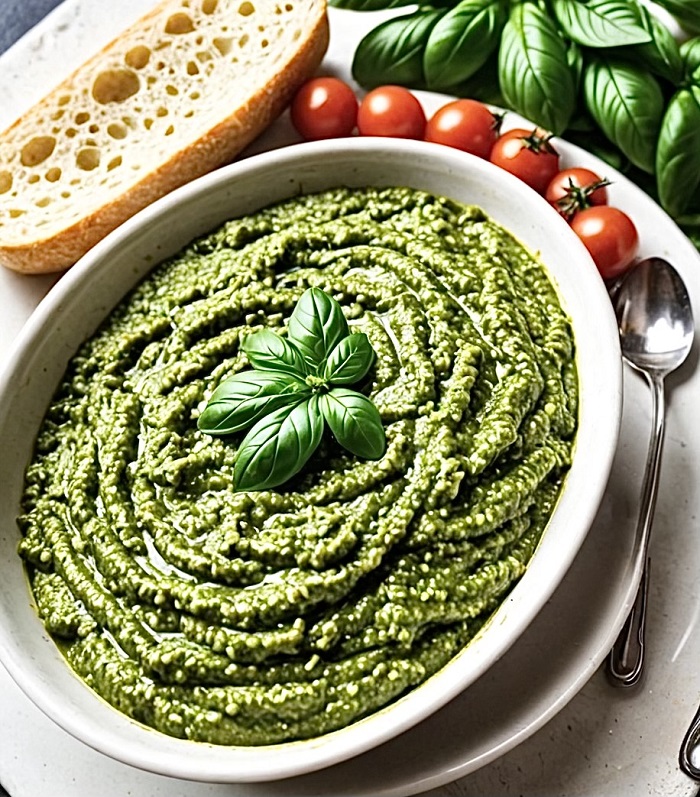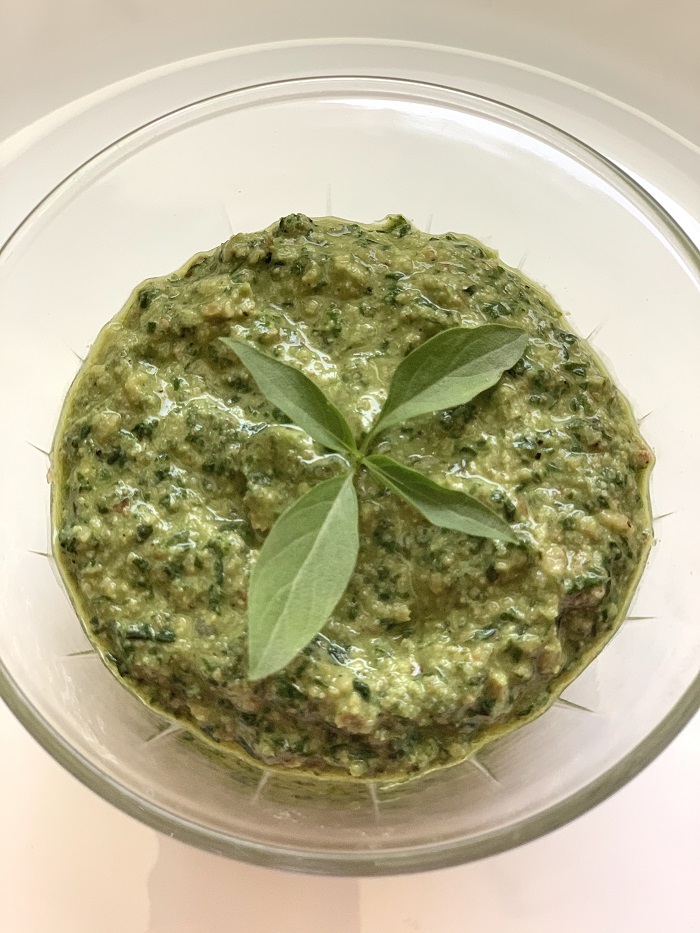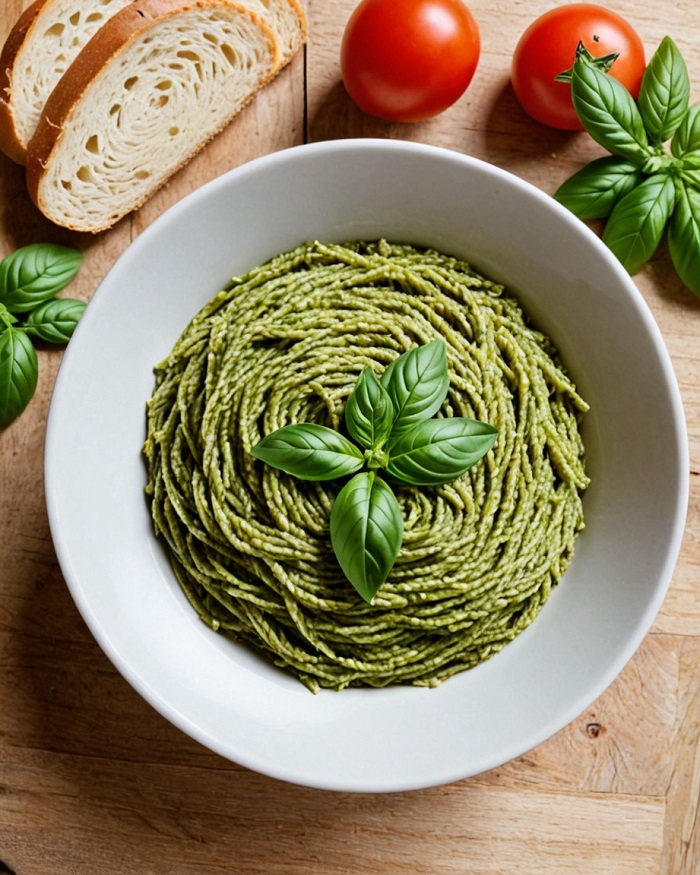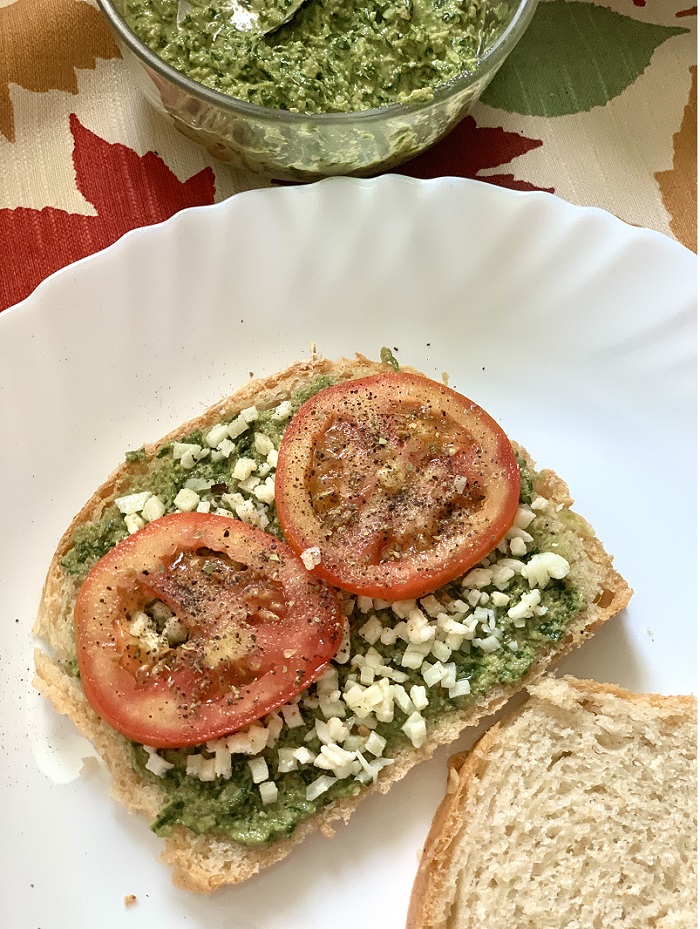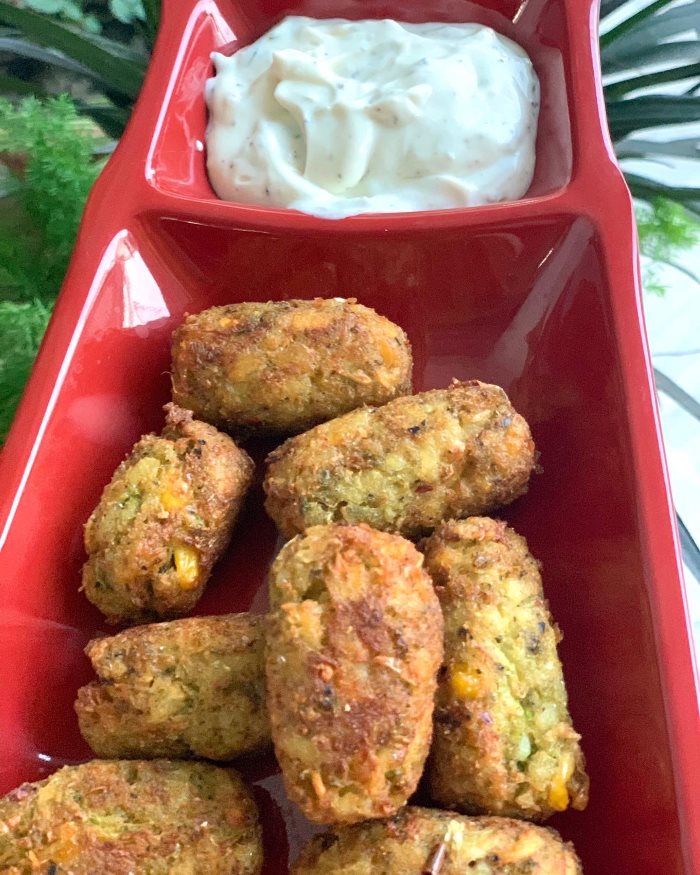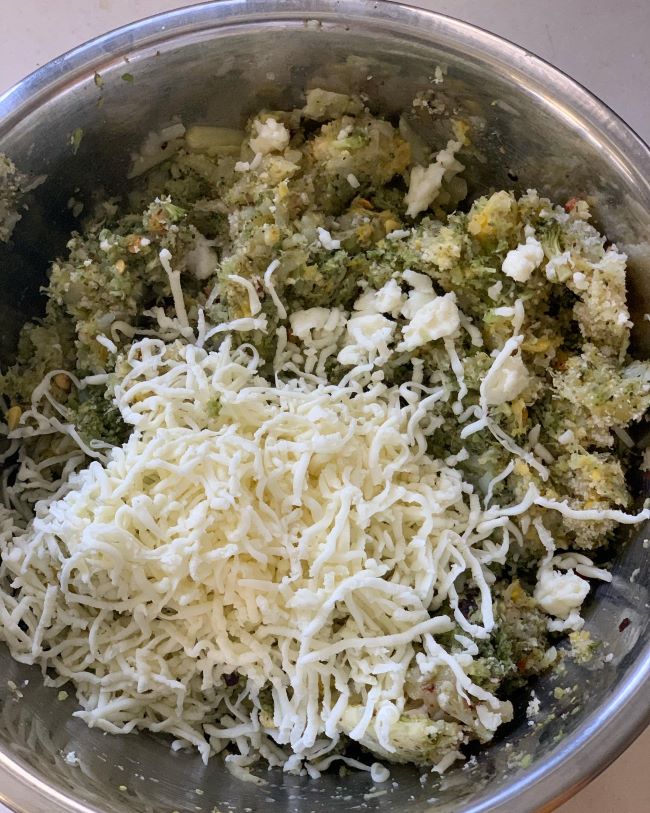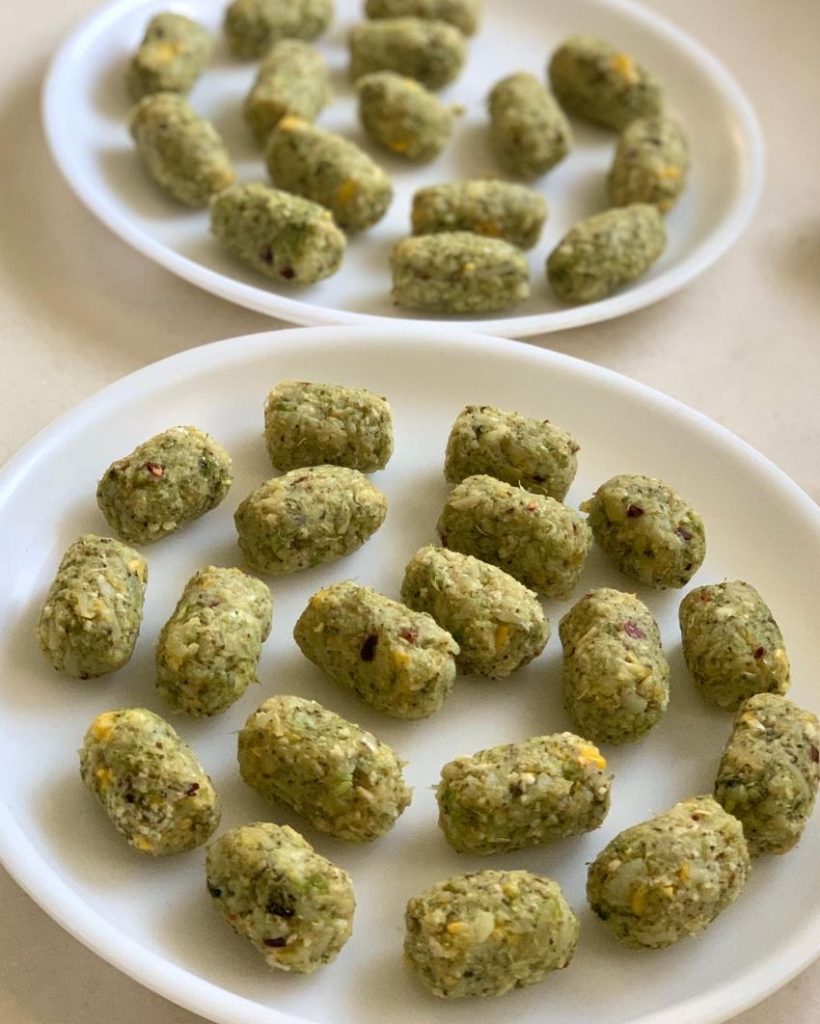
Salads don’t have to be boring right? So get ready to tantalize your taste buds with a burst of vibrant flavors! Our Mango Salad Dressing recipe is here to elevate your salads to a whole new level of deliciousness. Made with ripe mangoes and a handful of simple ingredients, this dressing is the perfect balance of sweet, tangy, and refreshing. Whether drizzled over fresh greens, grilled chicken, or seafood, it adds a delightful tropical twist to any dish. Let’s dive into the recipe and discover how to make this irresistible dressing that’s sure to become a favorite in your kitchen!
Ingredients:
1 ripe mango, peeled and diced
1 garlic clove, minced
1 small green chili, seeds removed and minced
1/4 cup olive oil
1/4 cup fresh coriander leaves
Salt and pepper to taste
Instructions:
Prepare the Ingredients:
Peel the ripe mango and remove the flesh from the pit. Dice the mango into small pieces.

Blend the Ingredients:
In a mixer grinder or food processor, add the diced mango, garlic, minced green chili, fresh coriander leaves, salt, pepper and olive oil. Start blending the ingredients on low speed and gradually increase the speed to create a smooth paste.

Once the mixture is well blended and has a smooth texture, stop the mixer. Taste the dressing and season with salt and pepper according to your preference.
Adjust Consistency:
If the dressing is too thick, you can add a little water or more olive oil to achieve the desired consistency. Blend again briefly to incorporate. Transfer the mango dressing to a clean, airtight container. Seal the container and store it in the refrigerator.

Serving Suggestions:
Use the mango dressing to enhance the flavors of your favorite salads. It pairs well with fresh greens, sliced vegetables, and even fruits like strawberries or avocado. You can also use this dressing as a dip for your favorite snacks, such as vegetable sticks, pita chips, or grilled chicken skewers.
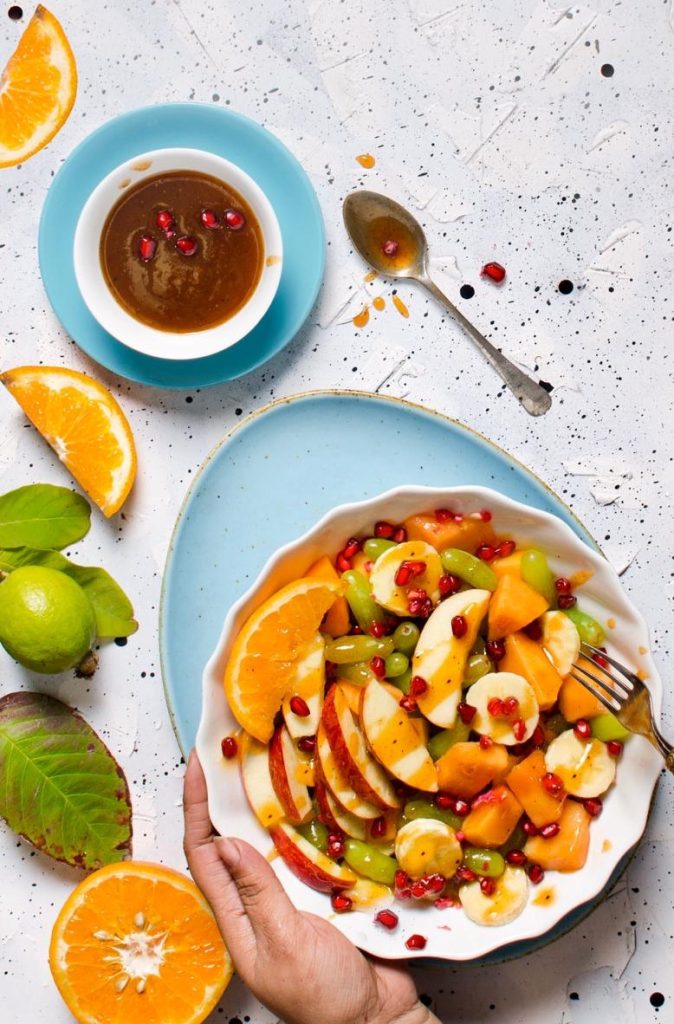
Drizzle the mango dressing over your salad just before serving or use it as a dipping sauce for your snacks.
Store any leftover dressing in the refrigerator for up to a week.
This dressing is a game changer and can take your salads to next level. Hope you liked this simple mango salad dressing recipe 🙂



